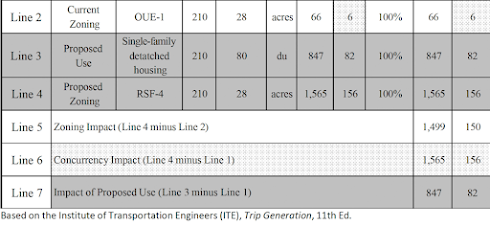Advice from a Mortgage Planner
The following letter was sent to the LSCG solely to offer guidance to homeowners who might be anticipating housing-related difficulties. It is not an advertisement or commercial message:
SunCoast Mortgage Partners
2477 Stickney Point Rd., #221-B
Sarasota, FL 34231
Office: (941) 924-0044
Fax: (941) 924-0033
amysamsal@suncoastmortgagepartn
http://www.suncoastmortgagepart

In today’s turbulent times many homeowner’s are facing situations never before thought possible. Where is one to turn for solid, reliable information? Here are some basic things homeowner’s should know when dealing with the possibility of losing their home:
- Don’t ignore letters from your current lender. If possible, contact your lender before you begin to fall behind on any payments. When you call – ask to speak with someone in the Loss Mitigation Department. Be willing and prepared to provide them the information they need to determine a solution (i.e. current financial income, such as monthly income and expenses).
- Stay in your home for now. You may not qualify for assistance if you abandon your property.
- There are alternatives to foreclosure that your lender may consider.
- Special Forbearance – a repayment plan based on your current financial situation or a temporary reduction/suspension of your payments.
- Mortgage Modification – a refinance of your current loan into a fixed or lower rate of interest or an extension of the term of your loan.
- Partial Claim – a one-time payment from the FHA-Insured fund to bring your mortgage current for which you must execute a Promissory Note, and a Lien will be placed on your property until the interest-free Promissory Note is paid in full.
- Pre-foreclosure Sale or Short Sale – Allows you to avoid foreclosure by selling your property for an amount less than the amount necessary to pay off your mortgage loan.
- Deed-in-lieu of foreclosure – You may be able to voluntarily “give back” your property to the lender.
For most of these options additional qualifications must be met. And, ultimately, it up to your lender to determine which option, if any, will be acceptable.
Any of the above options may damage your credit profile. Should you find yourself in any of the above referenced situations, if you can continue to pay your other creditors in a timely manner your credit profile may stand a better chance of recovering sooner than if you pay multiple creditors late. Late payments are typically not reported to the credit bureaus until they are 30 days late.
Remember, one person’s loss is another person’s gain and in these times, much like any other there are opportunists searching to take advantage of an unsuspecting people. Most of the information provided here is from the U.S. Department of Housing and Urban Development. To learn more visit www.hud.gov or you may contact me at my office at 941-924-0044.
Amy L. Samsal


Comments